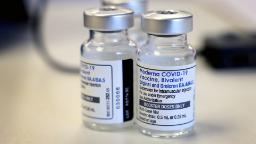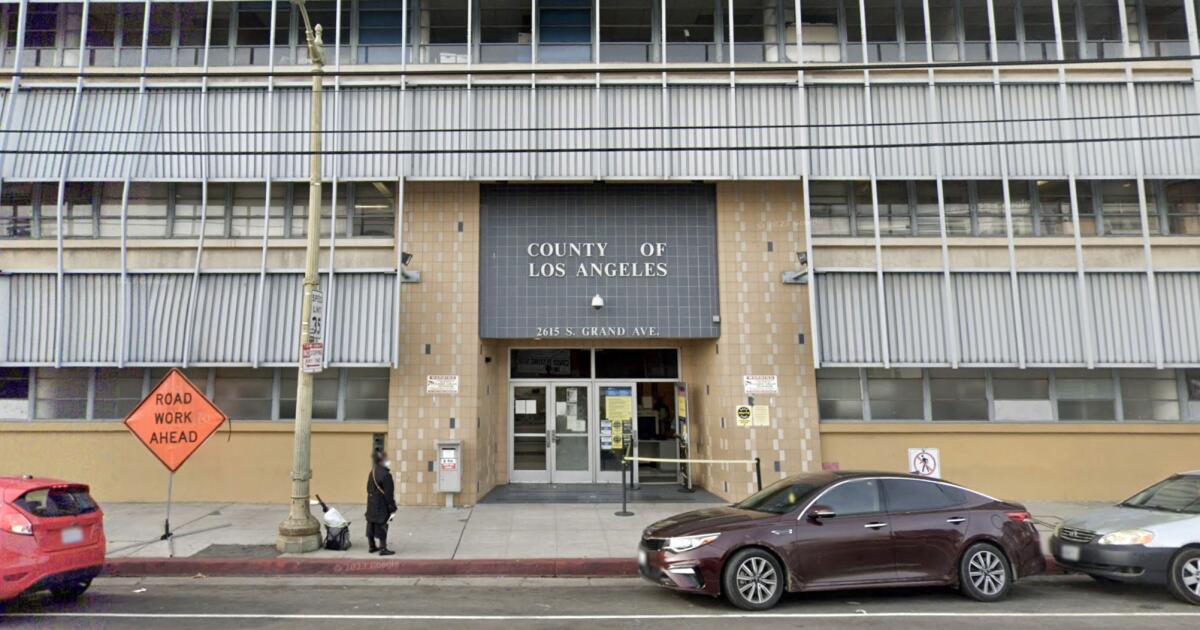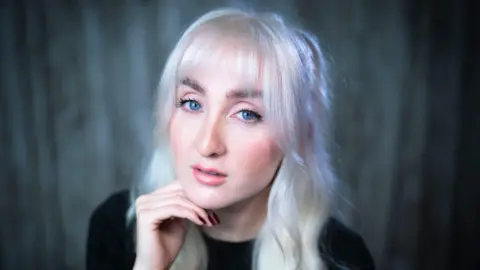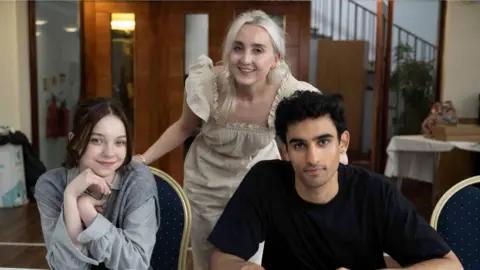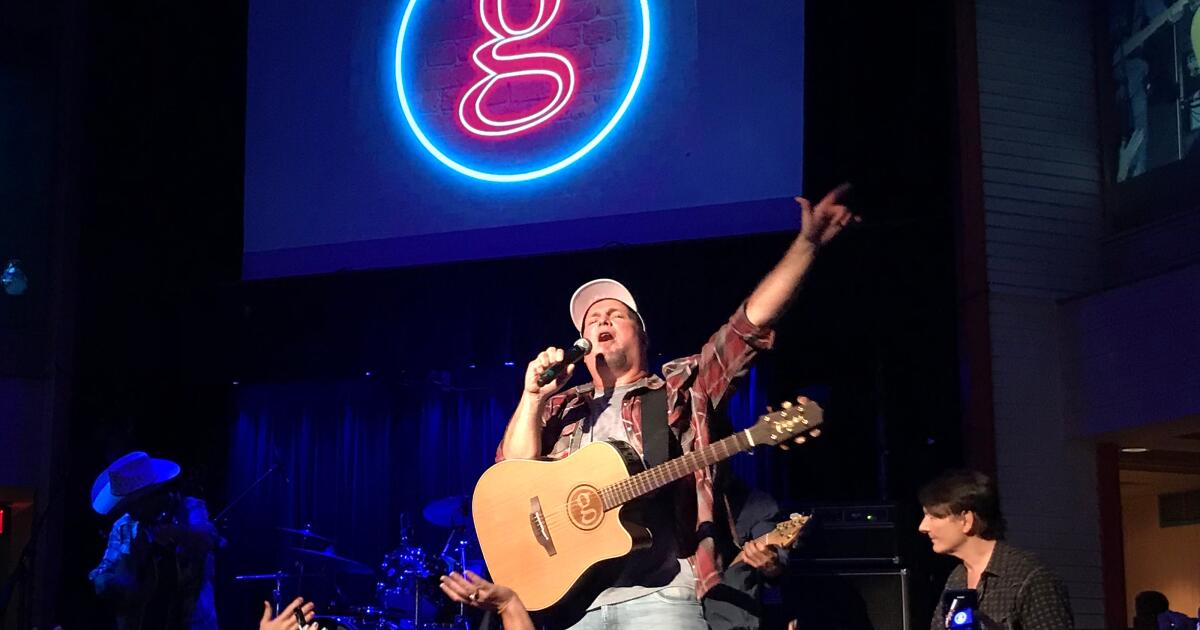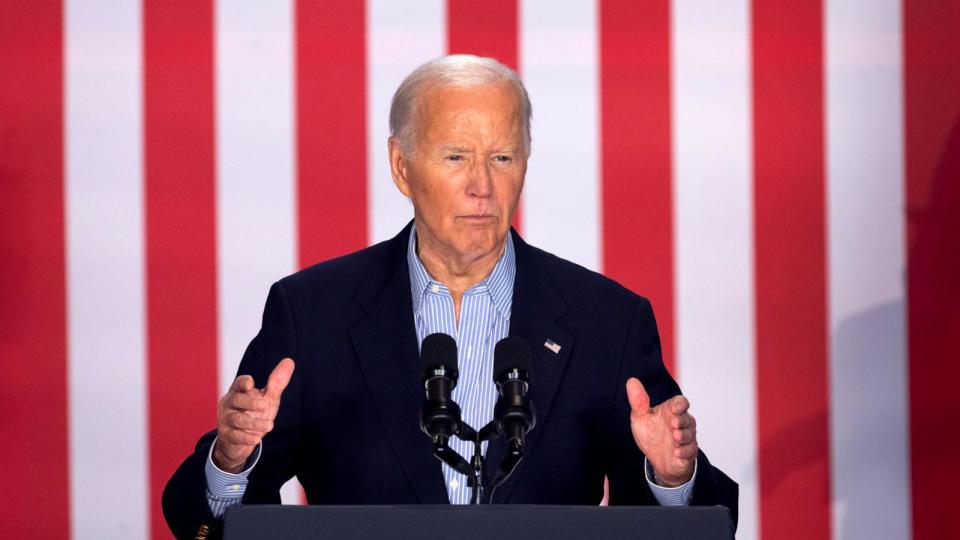CNN
—
The U.S. Food and Drug Administration amended the terms of its emergency use authorizations for the Pfizer and Moderna bivalent vaccines on Tuesday, allowing people ages 65 and older and certain people with weakened immunity to get additional doses before this fall’s vaccination campaigns.
The bivalent vaccines made by Pfizer and Moderna carry instructions for fighting both the original strain of the Covid-19 virus as well as Omicron and its spinoffs.
They have been available in the United States since September under emergency use authorizations, or EUAs, which tightly restrict how the vaccines may be given.
On Tuesday, the FDA changed the terms of the authorizations for those vaccines so that certain individuals could get an additional dose ahead of most others.
Namely, adults ages 65 and older who have received a single dose of a bivalent vaccine may receive an additional dose at least four months following their first dose.
Most individuals with certain degrees of immunocompromise who have received a first dose of a bivalent vaccine can get a second at least 2 months later. Additional doses may be administered at the discretion of their healthcare provider.
Dr. Peter Hotez, who co-directs the Center for Vaccine Development at Texas Children’s Hospital, has been calling on the FDA to increase access to the bivalent boosters for those who want them. He says for the most part, today’s guidance from the agency makes sense.
“My only question is why the 65 year age cutoff? What was that based on? Ordinarily I would have preferred that it be brought down to 60 or even 50,” Hotez said in an email to CNN.
“For those Americans who understand its importance, we should make second bivalent boosters available. Finally, we’ll soon need guidance about another annual fall booster. Presumably that information comes sometime this summer,” he added.
For immunocompromised children ages 6 months through 4 years, eligibility for additional bivalent doses will depend on the vaccine previously received, the FDA said in a news release.
Another big change is that most unvaccinated individuals may now receive a single dose of a bivalent vaccine, rather than mutiple doses of the original single-strain vaccines, the agency said. The FDA simplified its recommendation for unvaccinated individuals after recognizing that most Americans now have some immunity against Covid-19, even if its just through past infections.
“Evidence is now available that most of the U.S. population 5 years of age and older has antibodies to SARS-CoV-2, the virus that causes COVID-19, either from vaccination or infection that can serve as a foundation for the protection provided by the bivalent vaccines. COVID-19 continues to be a very real risk for many people, and we encourage individuals to consider staying current with vaccination, including with a bivalent COVID-19 vaccine. The available data continue to demonstrate that vaccines prevent the most serious outcomes of COVID-19, which are severe illness, hospitalization, and death,” said Dr. Peter Marks, head of FDA’s Center for Biologics Evaluation and Research, in a news release.
Children ages 6 months through 5 years who have not yet been vaccinated may now receive a two-dose series of the Moderna bivalent vaccine as their primary series, or a three-dose series of the Pfizer-BioNTech bivalent vaccine if they are 6 months through 4 years of age. Children who are age 5 may receive two doses of the Moderna bivalent or a single dose of the Pfizer-BioNTech bivalent vaccine.
Children ages 6 months through 5 years who got started on their monovalent vaccines, can now get a dose of a bivalent vaccine, but the number of doses they qualify for will depend on the number of doses they’ve already had and what kind of vaccine they got.
The agency stressed that most people who have gotten one dose of a bivalent vaccine are not currently eligible for a second dose.
And they encouraged everyone who hasn’t yet gotten their first dose of a bivalent vaccine to do so, and many Americans are still in that bucket.
Only about 17% of those eligible, less than 1 in 5 Americans, has gotten a recommended dose.
As time has passed, adults with reduced immune function because of their age or an underlying health problem have been asking doctors whether they need another dose of the bivalent vaccines.
The United States Center for Disease Control and Prevention has reported early data showing that the effectiveness of the bivalent vaccines, even against emergency room visits and hospitalizations, has already started to wane.
But the agency has not been free to make what’s known as a “permissive use” recommendation about the boosters, which would allow doctors to offer additional doses to vulnerable patients because of the terms of the EUA.
The updated terms give the CDC and its Advisory Committee on Immunization Practices (ACIP) greater freedom to recommend additional doses of the bivalent vaccines. The ACIP is holding a meeting on the Covid-19 vaccines Wednesday and is expected to endorse the FDA’s changes.
For everyone not covered by today’s changes, the FDA says it intends to make decisions about future vaccinations after receiving recommendations on the fall strain composition from its advisory committee in June.
Both Canada and the United Kingdom have offered another round of bivalent boosters to those at highest risk from Covid-19 this spring.


